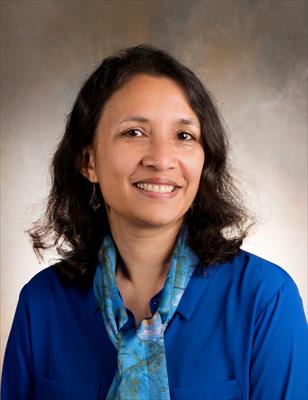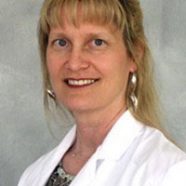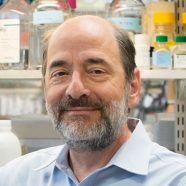December 22, 2019
$25,000 About 90% of individuals believed to have AS will have abnormal genetic tests that identify one of four mechanisms that can disrupt UBE3A function. There are however about 10% of individuals with apparent AS who have negative genetic testing […]
Read more
December 22, 2019
$26,000 Funds for this project represent continued funding for this investigator to conduct expanded clinical trials to attempt to demonstrate the effect of providing methylation-rich dietary supplements to those with AS.
Read more
December 22, 2019
$50,000 The gene disrupted in AS, UBE3A, is unique because its action is controlled by a remote DNA region that is called the imprinting center(IC). In the normal brain, this IC turns off the UBE3A that the father contributed (on […]
Read more
December 22, 2019
$47,000 This project was continued funding for an important AS investigator to enable his laboratory to work on studies of UBE3A in the mouse model in the hope of developing novel therapeutic initiatives. The experimental approach in this grant was […]
Read more
December 22, 2019
$30,000 This study evaluated individuals with AS to learn more about contractility of the stomach as measured by surface electrical recordings from the abdominal area. The study provides insight into how the stomach contracts before, during and after ingestion of […]
Read more
December 22, 2019
$82,255 This grant continued ASF funding to one of the premier AS scientists, Dr. Joe Wagstaff, and his laboratory. The aim of this project was a bold attempt to create therapeutic effects in the mouse model by genetically engineering a […]
Read more
December 22, 2019
$50,000 Work from this grant was part of several projects funded by ASF in order to learn more about UBE3A and its relationship to the larger, complex system of protein degradation (called the ubiquitin-proteasome pathway) that is important to all […]
Read more
December 22, 2019
$85,000 We know that UBE3A action inside brain cells is extremely complicated but the research of Dr. Greenberg and his lab has greatly helped to dissect and better understand this complexity. Using mouse models and using powerful genetic technologies to […]
Read more






